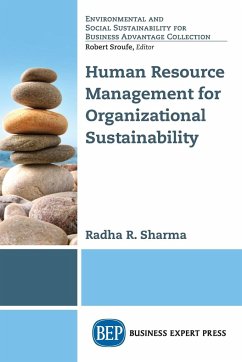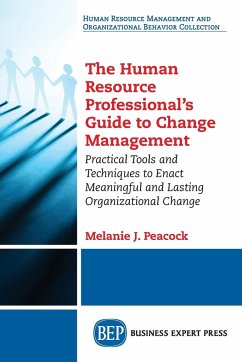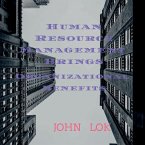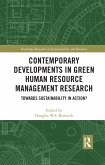This book will bridge the knowledge gap and provide valuable insights into how sustainable HRM practices can contribute not only to organizational sustainability but also to sustainability at large. The 2030 Agenda for Sustainable Development adopted at the United Nations Sustainable Development Summit on September 25, 2015 contains holistic, far reaching, and people-centered set of universal and transformative goals and targets. These call for strengthening capacities and providing an enabling environment for access to opportunities that are sustainable from economic, social, and environmental standpoints. Sustainability focus of the organization needs to go hand in hand with sustainable HRM systems, processes, and practices. But the reality is that sustainability is seldom a part of HR plans or strategic HR practices of most of the organizations. Human Resource Management for Organizational Sustainability offers a new paradigm by focusing on human resource systems and processes from the lens of sustainability. The book puts together the concepts, researches, and practices that advance the understanding of organizational sustainability through human resource management contributed by specialists from Austria, Germany, India, Netherlands, Spain, United Kingdom, and United States, with examples, cases, and review questions. Whereas environment-related aspects have been receiving increasing attention over the years, the "people" element of social responsibility has received limited attention in management education and also in the business world.
Hinweis: Dieser Artikel kann nur an eine deutsche Lieferadresse ausgeliefert werden.
Hinweis: Dieser Artikel kann nur an eine deutsche Lieferadresse ausgeliefert werden.








